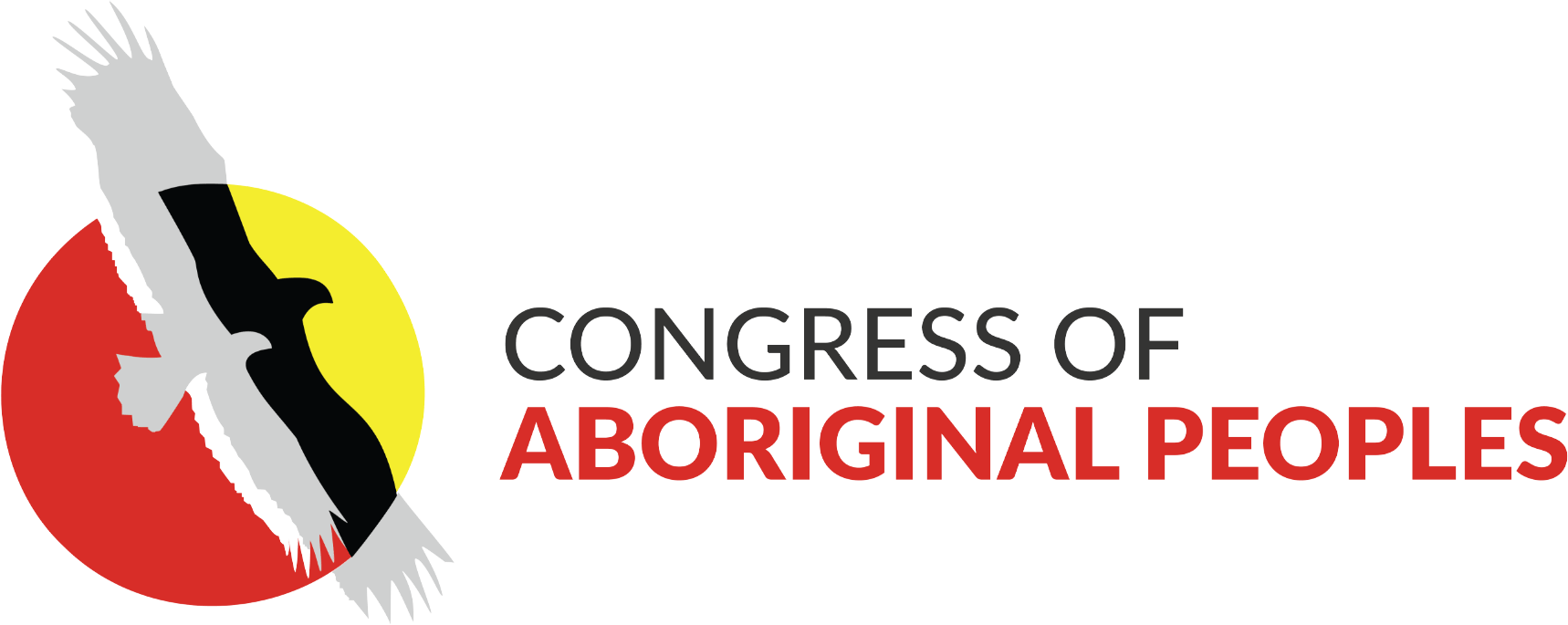CAP applauds Minister Hajdu’s work toward ending legacy of enfranchisement
March 18, 2022 (OTTAWA) – Following a June 2021 constitutional challenge from First Nations families seeking to end the inequities and exclusion faced by families who were enfranchised under previous versions of the Indian Act, Minister of Indigenous Services Patty Hajdu has announced that litigation will be put on hold in order to pursue a legislative solution.[1]
The Congress of Aboriginal Peoples (CAP) applauds this decision and thanks Minister Hajdu for her understanding of the reality that most Indigenous people who have been negatively affected by this function of the Indian Act live off-reserve and in urban centres.
“This is a significant step in the right direction,” said CAP National Chief, Elmer St. Pierre. “It’s time that all forms of discrimination in the Indian Act and barriers related to registration are removed.”
CAP has long since advocated for removal of various forms of discrimination within the Indian Act, including removal of the 1951 cut-off, removal of barriers for same-sex families, transgender and two-spirit people, and handing control of membership/citizenship to Indigenous peoples.
Although the enfranchisement process was removed from the Indian Act in 1985, decades of negative repercussions continue to play a role in the lives of non-status people today.
CAP is eager to work with Minister Hajdu and Indigenous Services Canada on the new legislation to ensure the voices of non-status Indigenous peoples are heard.
-30-
Media Contact:
Brenna Doucette
Director of Communications
b.doucette@abo-peoples.org
613-552-2726
The Congress of Aboriginal Peoples is the national voice representing the interests of Métis, status and non-status Indians, and Southern Inuit Indigenous People living off-reserve. Today, over 80% of Indigenous people live off-reserve.
